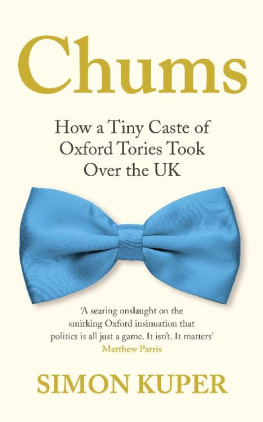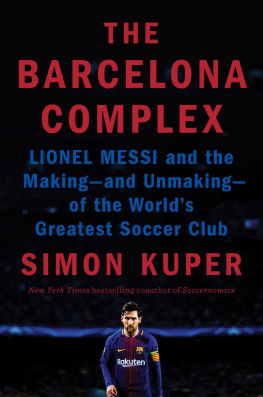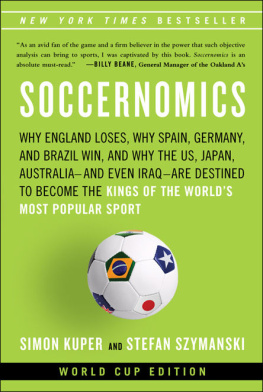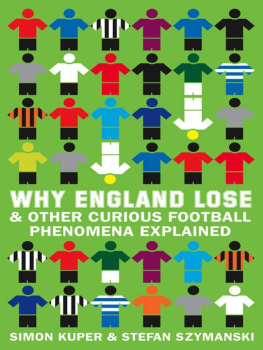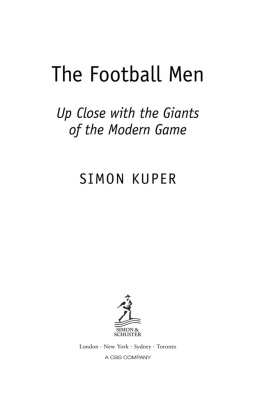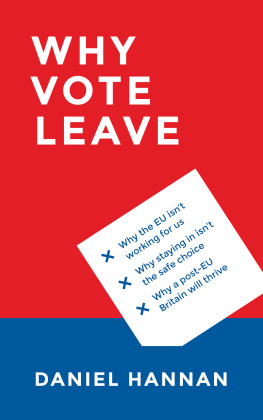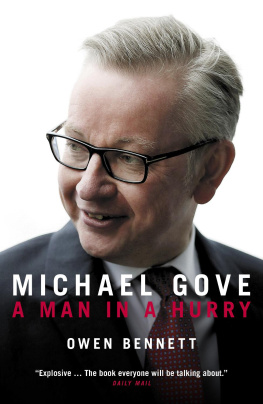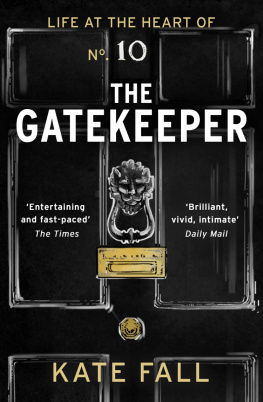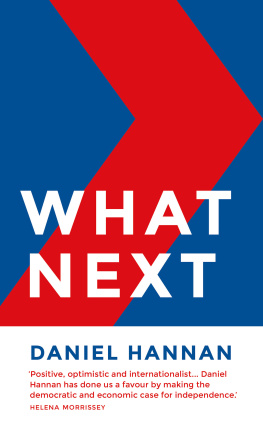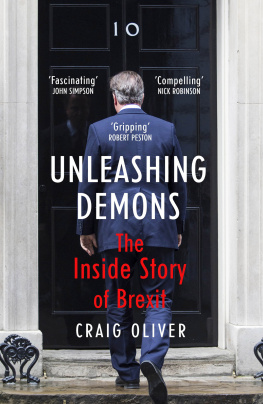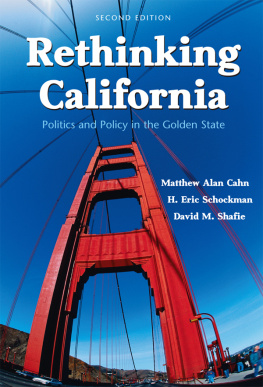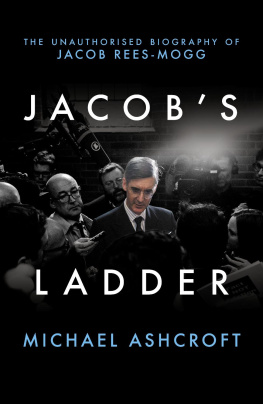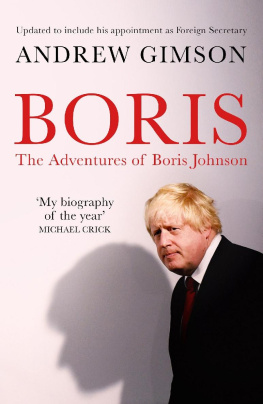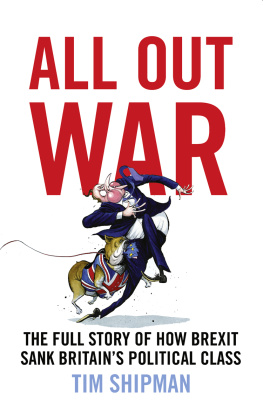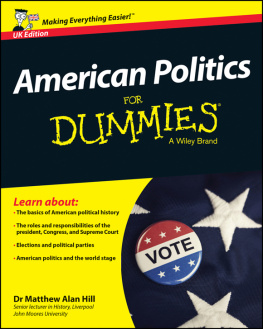The keener observers of British public life will have noticeda particular breed of Establishment men and women.Theyre over forty, smugly successful and successfullysmug. Chances are they were also educated at Oxford.
The Oxford student newspaper Cherwell, 24 February 1989
You turn the pages of yellowing student newspapers from the 1980s, and there they are, recognisably the same faces that dominate todays British news: Boris Johnson getting elected president of the Oxford Union debating society; a cheekily grinning Michael Gove among the Union hacks in five in a bed romp shocker;
When I arrived at Oxford aged eighteen in 1988 to study history and German, it was still a very British and quite amateurish university, shot through with sexual harassment, dilettantism and sherry. Gove, Johnson, and the much less prominent David Cameron had graduated just before I arrived, but from my messy desk at the student newspaper Cherwell, I covered a new generation of future politicians. You couldnt miss Jacob Rees-Mogg, the only undergraduate who went around in a double-breasted suit, or Dan Hannan, who founded a popular Eurosceptic movement called the Oxford Campaign for an Independent Britain. Cherwell was inaccurate, gnomic, a poor imitation of Private Eye, badly written in the trademark Oxford tone of relentless irony, with jokes incomprehensible to outsiders, but it turns out with hindsight that we werent just lampooning inconsequential teenage blowhards. Though we didnt realise it, we were witnessing British power in the making.
I didnt know any of the future powerbrokers personally, because we were separated by the great Oxford class divide: I was middle class, from a London comprehensive (after many years abroad) and they were mostly public schoolboys. I was an outsider who happened to be looking in through the window. Today I am more of an inside-outsider: after a few post-university years living in the UK, I emigrated to Paris in 2002 and have made my life there, but through my column in the Financial Times, I have become a kind of corresponding member of the British establishment.
The Oxford Tories and especially the Etonians among them were made by many forces besides Oxford. They had been groomed for power since childhood. One classics tutor at Oxford compares Johnson to the ghastly upper-class Athenians in Platos Dialogues: they had been corrupted long before they came to study with Socrates.
But Oxford matters too, as an independent variable. Evidence of this is that its possible to tell the story of British politics in the last twenty-five years almost without reference to any other university. I will argue in this book that if Johnson, Gove, Hannan, Dominic Cummings and Rees-Mogg had received rejection letters from Oxford aged seventeen, we would probably never have had Brexit.
On 24 June 2016, the early morning after the referendum, as I watched the leading Leavers and Remainers traipse across my TV screen, almost all, except Nigel Farage, Oxford types of my generation, I realised: Brexit and todays British ruling class were rooted in the university I had known. Only about 3,000 undergraduates a year attend Oxford, or less than 0.5 per cent of each British age cohort, yet the UK is an Oxocracy. It has been for a while. Of fifteen prime ministers since the war, eleven went to Oxford. (Churchill, James Callaghan and John Major didnt go to university, and Gordon Brown was at Edinburgh.) Three consecutive Oxford Tory prime ministers have ruled the UK since 2010. So how has Oxford captured the British machine? And with what consequences?
In trying to answer those questions, I have always kept in mind that there are many different Oxfords. Lots of students never give a moments thought to politics. Even among the politically minded, the Oxford of state-school pupils like Harold Wilson, Edward Heath or Margaret Thatcher wasnt the Oxford of Etonians like Harold Macmillan, Cameron or Johnson.
And there are important differences as well as similarities between say, Macmillan and Johnson. The Tory public schoolboy returns in every generation, but each time in altered form. Ive tried to understand how the Oxocracy has changed over time, as well as the ways in which it has stayed the same.
A few quick words about what this book is not. Its not my personal revenge on Oxford: I was very happy at university, and learned a fair bit. Having grown up outside Britain, I was enchanted by the banter of Brits who had been trained since infancy to speak well. I also felt blessedly free of the class anxieties that most of the natives seemed to carry around with them. I mooched around Magdalen Deer Park, fell hopelessly in love and made lifelong friendships while playing bad cricket or dissecting indie songs at 5 a.m.
Nor is this book my name-dropping memoir, a jolly boys story about the japes we all had at university, or my claim to be an outrider of some exclusive power club. Its not an attempt to relitigate the Brexit referendum, or to unearth all the reasons why 17 million people voted Leave. Its not a twee Oxford tale of witticisms exchanged by long-dead dons. Its not a book about todays somewhat different Oxford. Its not another biography of Boris Johnson.
Rather, its an attempt to write a group portrait of a set of Tory Brexiteers overwhelmingly men from the traditional ruling caste who took an ancient route through Oxford to power. This caste is just a small subset of Oxford. But it matters because its omnipresent in modern British political history.
These men were atypical in their beliefs: most Oxford graduates surely voted Remain in 2016. The Tory Brexiteers were a minority even among Oxford politicos in the 1980s. Their fellow students included most of the clique that would surround Camerons premiership and his Remain campaign, as well as several future senior Labour figures. Johnson and the graduate law student Keir Starmer left Oxford in the same summer of 1987; Cameron graduated a year later.
Much of the media elite of the 2020s was there, too. In 1988/89, two third-year students named Emma Tucker and Zanny Minton Beddoes shared a dingy flat by the canal near the train station. By 2022, Tucker was editing the Sunday Times, and Minton Beddoes the Economist. The editors of the Guardian, the Telegraph and the Daily Mail in 2022 had also passed through 1980s Oxford. Nick Robinson, presenter of the BBCs Today programme, was a Union star of Johnsons era.
But the Tory Brexiteer subgroup dominates this story, because it won. It has ended up making Brexit and remaking the UK. To understand power in todays Britain requires travelling back in time to the streets of Oxford, somewhere between 1983 and 1993.
Notes
Cherwell, Union hacks in five in a bed romp shocker, 22 January 1988.
Cherwell, Union slave auction, 12 June 1987.
Michael Sandel, The Tyranny of Merit: Whats Become of the Common Good? (Allen Lane, London, 2020), p. 100.
Oxford is, without a doubt, one of the cities in the world where least work gets done.
Javier Maras, All Souls (1992)
Good A-levels werent enough. To get into Oxford you had to succeed in a peculiarly British ritual, the entrance interview. In 1987, when I went through it, it worked like this: you are seventeen years old. You are wearing a new suit. You travel to Oxford. Eventually you find the tutors rooms. Perhaps youre served sherry, which youve never seen before. Then you talk.

